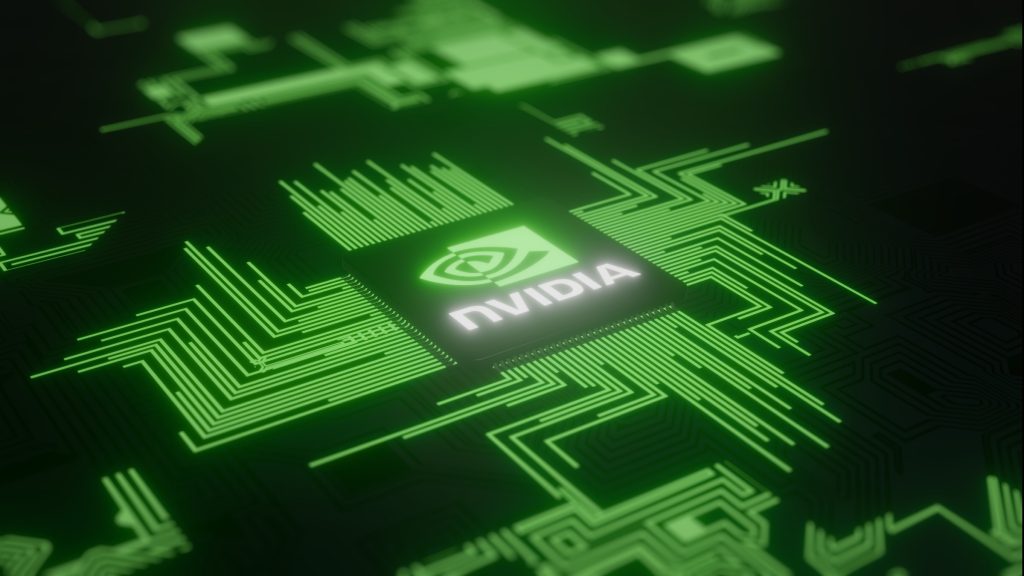
At a time when Washington exasperatedly intensifies its restrictions on Chinese advanced chip, Nvidia, key global AI processor supplier faces heightened scrutiny from Beijing with a Nvidia antitrust probe into the giant’s Mellanox acquisition.
Allegations of the Nvidia antitrust proberaised worries over China’s alleged use of regulatory blackmail in the US-China battle over advanced semiconductor export controls. Nvidia is one of the world’s key AI processor suppliers and now finds itself potentially legally cornered in a vital market.
This comes as the US tightens restrictions on chip exports to China amid an increasingly high stakes battle for dominance in semiconductors. The fallout of this probe might reach well beyond Nvidia and change how the world does AI development, chip supply chains, and more generally the rivalry between the two largest economies on the planet.
Chinese Nvidia Antitrust Probe Reaches New Heights
The Nvidia antitrust investigation is part of the bigger fight between the US and China for control over semiconductor technology, key to the future of AI, military uses, and economic security. Just days before China made its move, the Biden administration announced new restrictions on the export of chips to China-the third round of such measures since 2022.
The limits will block China from accessing high-end AI chips that could boost its military capacity, according to US officials. The Nvidia antitrust probe already faces setbacks, with US regulators banning sales of its most powerful AI chips to Chinese customers.
But Beijing did not keep quiet as it recently tightened control over exports of Gallium and Germanium, used in semiconductor production to disrupt global supply chains and raise chipmakers’ costs.
Race for Chip Self-Sufficiency
Both the US and China are racing for semiconductor self-sufficient production. The Biden administration’s CHIPS Act allocated billions of dollars to American companies like Intel, to limit foreign dependence. This year, China also launched a $47.5 billion fund, supported by sex-state-owned banks, to boost its domestic chip industry.
Semiconductor technology powers smartphones, self-driving cars, and also next-generation military systems. Ramping domestic production helps the US and China mitigate themselves from potential disruptions caused by geopolitical tensions.
The Nvidia antitrust investigation on chips and AI will play a de facto role in the development of generative AI models like OpenAI’s ChatGPT and other AI-driven platforms. Nvidia’s graphics processing units (GPUs) are essential for training large AI models, making the company a key player in the global race for AI dominance.
Broader Impact
TheNvidia antitrust lawsuit will be the first pillar of the battle over AI control and the enabling semiconductors amid Washington-Beijing decoupling. Nvidia’s dominant access to key markets like China is critical for the company’s growth, and disruptions emerging from expert control from both powerhouses will have detrimental disruptive effects on global AI development.
The stakes from the Nvidia antitrust probe are high for the chip giant, as access to Chinese markets may determine its growth. Yet by the same token, disruptions in operations as Nvidia faces antitrust charges in China will have consequences beyond any single company or nation.
Inside Telecom provides you with an extensive list of content covering all aspects of the tech industry. Keep an eye on our Tech sections to stay informed and up-to-date with our daily articles.